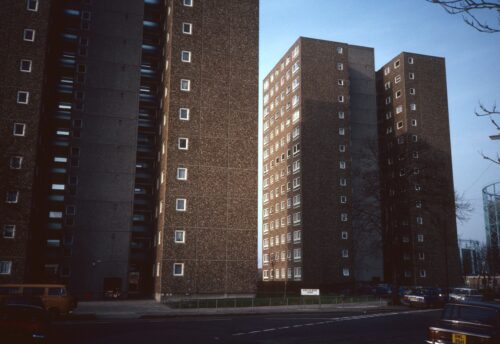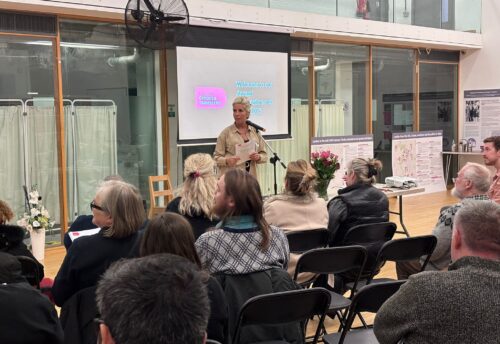A landmark Court of Appeal judgment released today has criticised the use of wide injunctions which target Gypsy and Traveller encampments.
The Court of Appeal handed down a very significant judgment, dismissing an appeal by Bromley Council against the High Court’s decision to refuse the Council’s application for an injunction against “persons unknown” stopping on public land in the Borough.
The ruling has major implications for local authorities who have, or are seeking, similar bans. It also has potential ramifications for the government’s proposal to criminalise trespass. The Court of Appeal Judges held that “borough wide injunctions are inherently problematic” and they “comprise a potential breach of both the [European] Convention [on Human Rights] and the Equality Act”.
The Judges also emphasised that existing legislation and case law “make plain that the Gypsy and Traveller community have an enshrined freedom not to stay in one place but to move from one place to another”.
Importantly, the Court of Appeal provided guidance to local authorities contemplating seeking a wide injunction. Such authorities should provide evidence showing what other suitable and secure alternative housing or transit sites were available. They should engage properly with the Gypsy and Traveller community and should assess what impact an injunction might have, taking into account the specific needs, vulnerability, and different lifestyle of the community.
London Gypsies and Travellers intervened in the proceedings before the High Court and Court of Appeal with legal representation, substantially pro bono, from Marc Willers QC and Tessa Buchanan of Garden Court Chambers and Chris Johnson from the Community Law Partnership. Challenging local authority injunctions which discriminate against Gypsies and Travellers has been a major focus of LGT’s work over the last two years.
“We are extremely pleased with this result and proud to have been involved in such an important case which advances the recognition and protection of the nomadic way of life in the UK”, says LGT Chief Executive Debby Kennett. “The judgment sets a high standard for councils seeking injunctions and stresses the need to put in place adequate and safe provision. We are keen to work with councils to explore alternatives to evictions and injunctions, such as negotiated stopping.”
Commenting on the decision, Marc Willers QC of Garden Court Chambers said: “Very importantly, the Court of Appeal has stated in this judgment that an injunction which prevents Gypsies and Travellers from stopping at all in a defined part of the UK comprises a potential breach of both the European Convention on Human Rights and the Equality Act. Given that finding, it is difficult to see how the government can possibly justify its proposal, which is currently out to consultation, to criminalise trespass.”
The full judgment can be found here.


